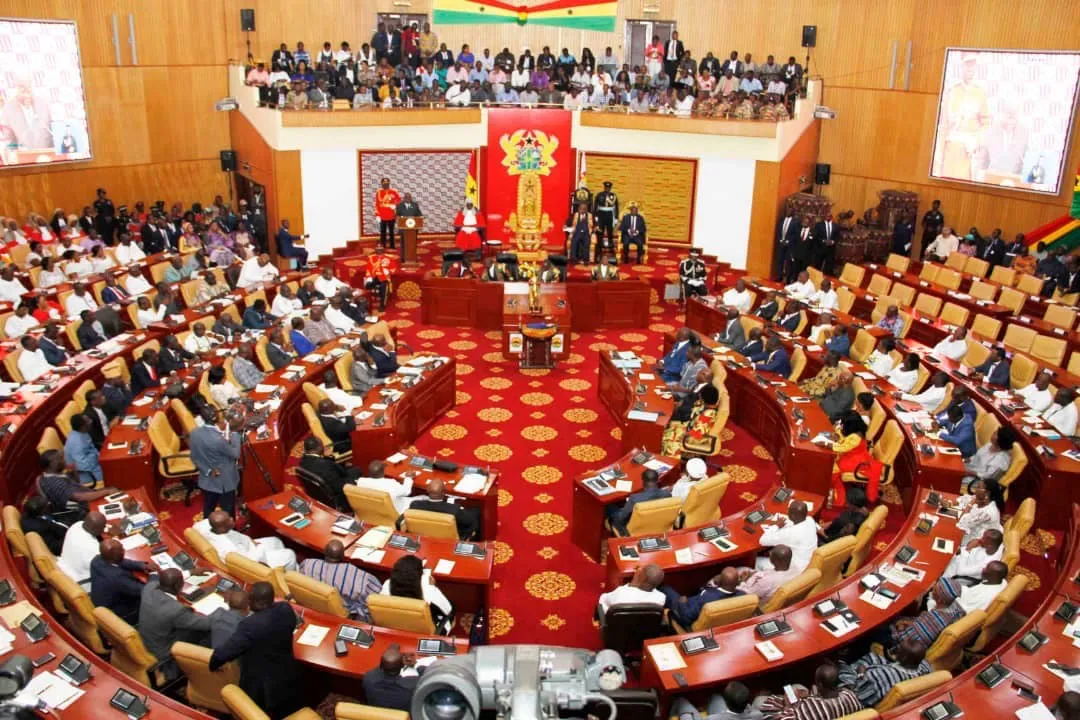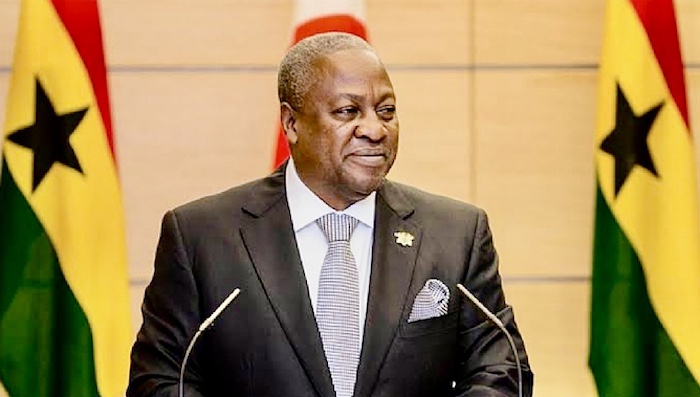Fitch Solutions has warned that Ghana’s ongoing macroeconomic recovery hinges heavily on the continued strength of global gold prices, cautioning that any sharp fall could trigger renewed economic instability.
The UK-based research firm said gold’s role as Ghana’s top export means a significant drop in prices—potentially caused by easing geopolitical tensions—would slash the country’s dollar earnings, erode international reserves, and pile pressure back onto the cedi.
In its latest analysis, Fitch Solutions noted that such a scenario could also spark a rebound in inflation, forcing the Bank of Ghana (BoG) to keep interest rates higher for longer than expected.
However, the report said it does not expect lower interest rates to hurt the currency. While, in theory, rate cuts might reduce the appeal of cedi-denominated assets, Fitch believes real interest rates will remain “comfortably positive,” making it unlikely that the current easing cycle will lead to capital flight.
The firm projects that persistently high global gold prices—by historical standards—will continue to support export earnings and ensure a steady flow of foreign currency into 2026. This would help the BoG strengthen its external buffers and maintain exchange rate stability even as monetary policy loosens.
Risks to the Outlook
Fitch said the outlook for Ghana’s interest rates is balanced between upside and downside risks. On the downside, the BoG’s recent 300 basis points cut in July 2025 signals a strong willingness to ease policy now that fundamentals have improved, largely thanks to gold’s rally.
“If inflation continued to decline more rapidly than anticipated, the BoG would likely adopt a more accommodative stance than our baseline forecast suggests,” the report added.


















